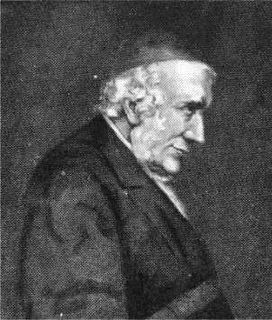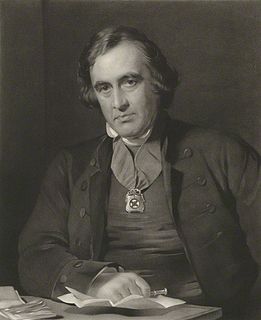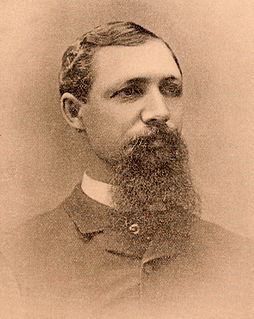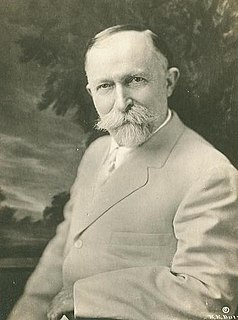A Quote by King James I
On tobacco: A branch of the sin of drunkenness, which is the root of all sins.
Related Quotes
Take steadily some one sin, which seems to stand out before thee, to root it out, by God's grace, and every fibre of it. Purpose strongly, by the grace and strength of God, wholly to sacrifice this sin or sinful inclination to the love of God, to spare it not, until thou leave of it none remaining, neither root nor branch.
To free a man from suffering, he must be set right, put in health; and the health at the root of man's being, his rightness, is to be free from wrongness, that is, from sin. A man is right when there is no wrong in him. I do not mean set free from the sins he has done: that will follow; I mean the sins he is doing, or is capable of doing; the sins in his being which spoil his nature — the wrongness in him — the evil he consents to; the sin he is, which makes him do the sin he does.
Sin does not always drive us to drink; more often it drives us to exhaustion. Tiredness is equally as debilitating as drunkenness. Burnout is slang for an inner tiredness, a fatigue of our souls. Jesus came to forgive us all of our sins, including the sin of busyness. The problem with growth in the modern church is not the slowness of growth but the rushing of growth.
Little sins carry with them but little temptations to sin, and then a man shews most viciousness and unkindness, when he sins on a little temptation. It is devilish to sin without a temptation; it is little less than devilish to sin on a little occasion. The less the temptation is to sin, the greater is that sin.
To say that a man is sinful because he sins is to give an operational definition of sin. To say that he sins because he is sinful is to trace his behavior to a supposed inner trait. But whether or not a person engages in the kind of behavior called sinful depends upon circumstances which are not mentioned in either question. The sin assigned as an inner possession (the sin a person "knows") is to be found in a history of reinforcement.
This doctrine of forgiveness of sin is a premium on crime. Forgive us our sins means Let us continue in our iniquity. It is one of the most pernicious of doctrines, and one of the most fruitful sources of immorality. It has been the chief cause of making Christian nations the most immoral of nations. In teaching this doctrine Christ committed a sin for which his death did not atone, and which can never be forgiven. There is no forgiveness of sin. Every cause has its effect; every sinner must suffer the consequences of his sins.
We are saved from nothing if we are not saved from sin. Little sins are pioneers of hell. The backslider begins with what he foolishly considers trifling with little sins. There are no little sins. There was a time when all the evil that has existed in the world was comprehended in one sinful thought of our first parent; and all the now evil is the numerous and horrid progeny of one little sin.
A little thorn may cause much suffering. A little cloud may hide the sun. Little foxes spoil the vines; and little sins do mischief to the tender heart. These little sins burrow in the soul, and make it so full of that which is hateful to Christ, that he will hold no comfortable fellowship and communion with us. A great sin cannot destroy a Christian, but a little sin can make him miserable.
Tobacco, in its various forms, is one of the most mischievous of all drugs. There is perhaps no other drug which injures the body in so many ways and so universally as does tobacco. Some drugs offer a small degree of compensation for the evil effects which they produce; but tobacco has not a single redeeming feature and gives nothing in return.






































